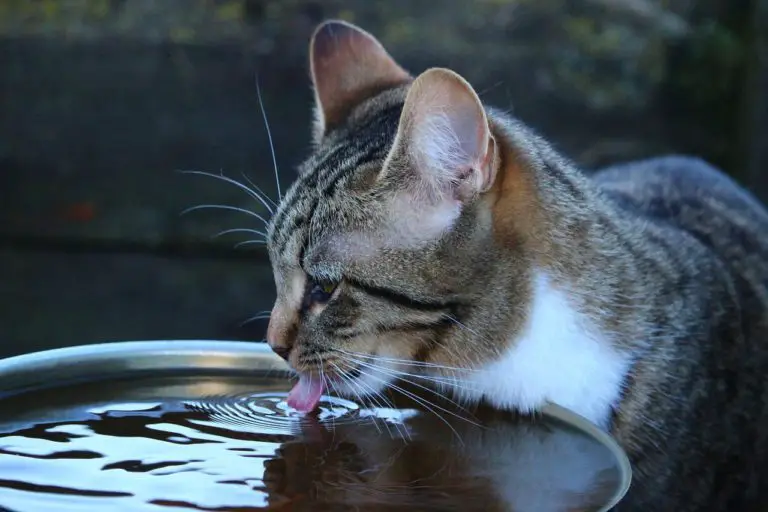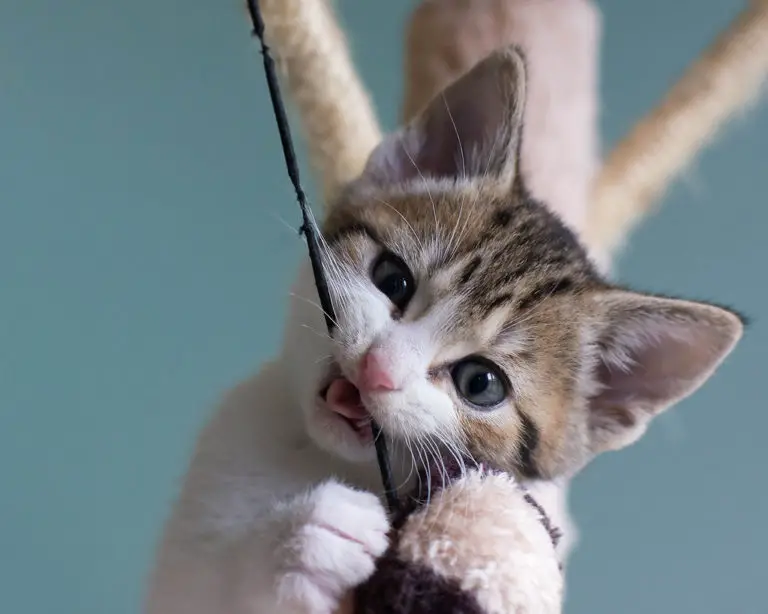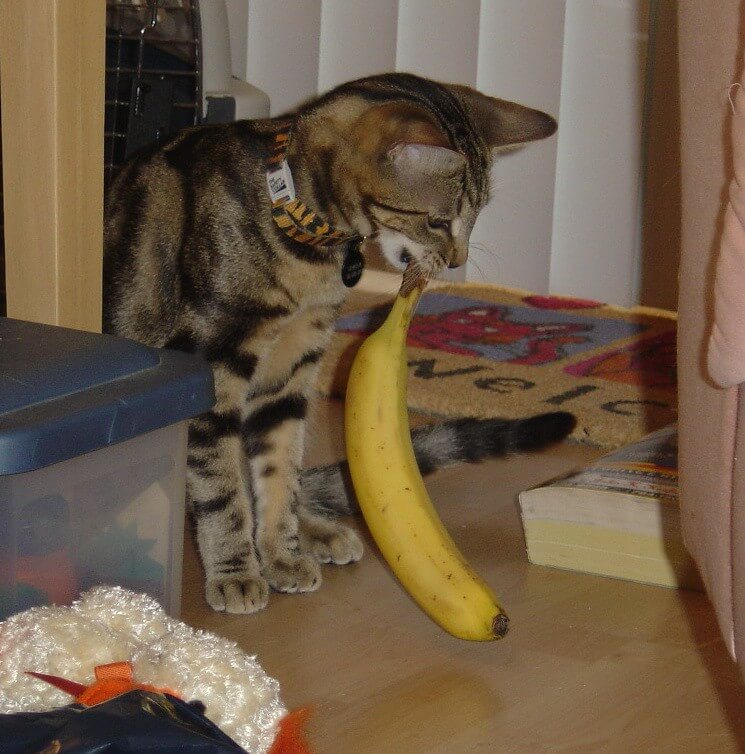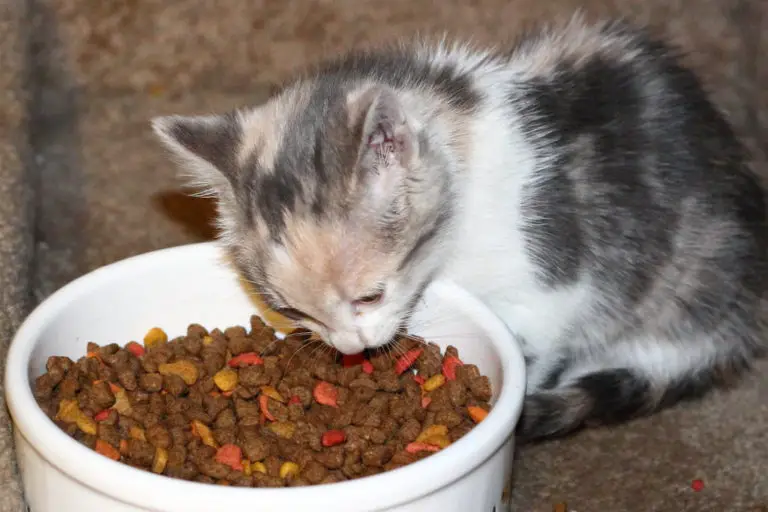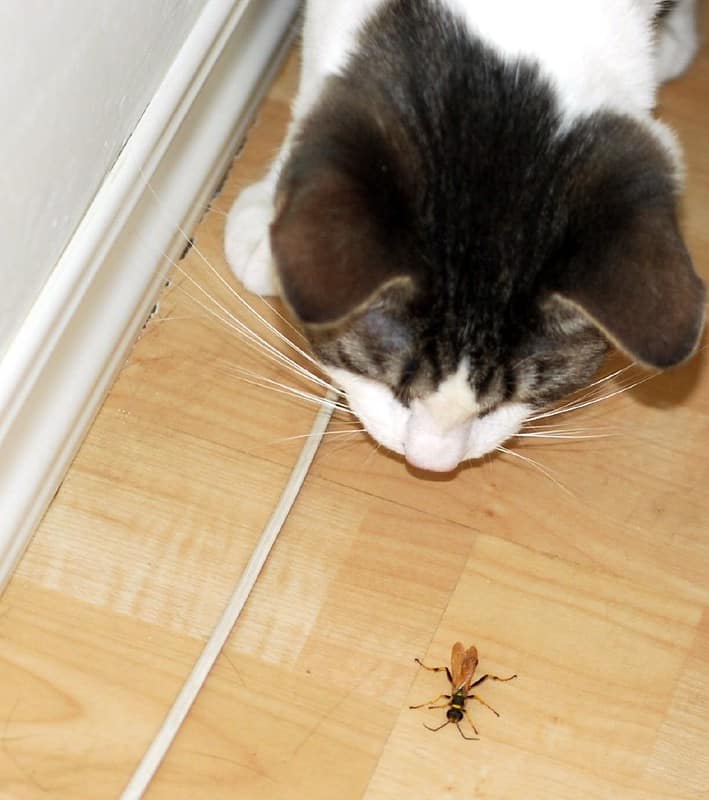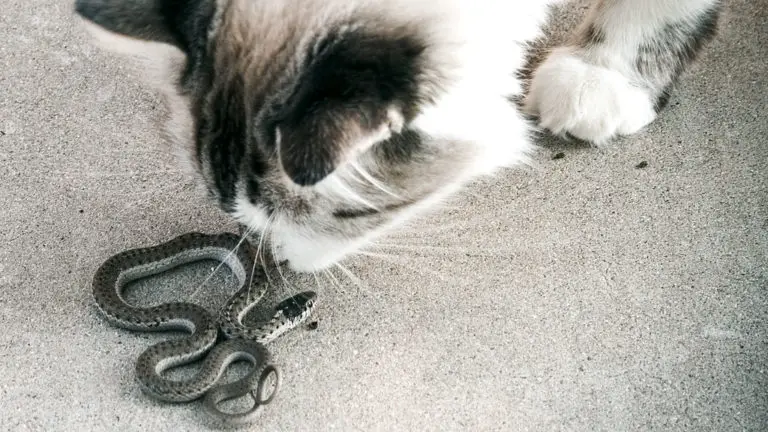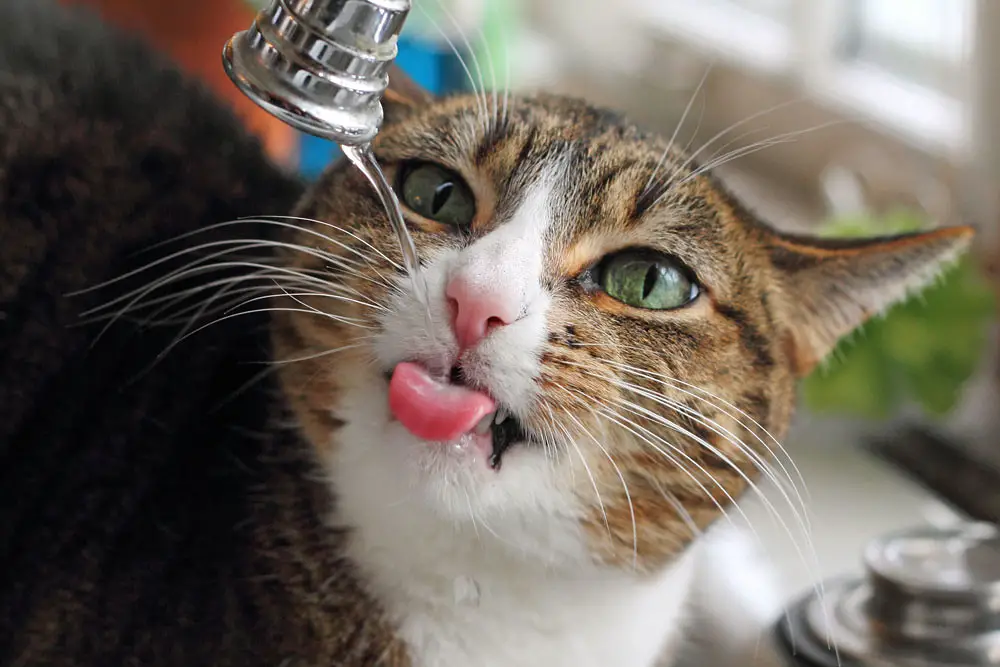
Cats are smart enough to figure out how to survive on their own. Cats can go for a few days without water and food, but they will start to get dehydrated and weak if they don’t have access to water or food.
Cats are able to survive for about a week without food or water by hiding in a dark place or under something heavy like a bed. If you notice your cat is hiding away from you, then it’s time to call the vet before it gets worse.
A cat can survive being without food and water longer than one week, but they become more susceptible to disease and illness while they’re doing this.
Water and food are the two most important elements of survival for a cat. However, cats can survive for several days without water and two weeks without food.
Cats have a very efficient system for conserving energy, so they don’t need to drink much water or eat a lot of food. They also are not very susceptible to dehydration or hunger because their kidneys are able to take in large amounts of water.
A cat’s body will use glucose as its primary energy source. Cats also have the ability to burn fat as a secondary energy source, but this is only possible if the body has sufficient reserves of glucose. When a cat is not eating, it will continue to use stored glycogen (sugar) from its liver and muscles for fuel until it runs out.
Can Cats Survive Without Water?
The short answer is yes, cats can survive without water. Cats have been known to go several days without drinking water, although a cat will usually seek out water in the wild or if they are kept indoors.
Cats are very good at conserving their energy and water, both of which are limited in the wild. In fact, some species of wild cats may go for days without eating or drinking.
Cats are one of the most popular pets in the world. They are also very clean animals, which means they don’t like to get dirty or wet. When you consider that cats cannot survive without water, it’s not surprising that they can’t go without it for very long.
Cats have a physiological need for water to survive and function properly. This means that if your cat doesn’t have access to water, he will eventually die. However, there is a way to help your cat survive without water.
Cats have special adaptations that allow them to survive on less water than most other animals.
They are able to regulate their body temperature, which helps them conserve energy when it’s hot outside and cool down when it’s cold.
They also have extra-efficient kidneys that remove waste from the body byproducts of digestion and metabolism. The combination of these two things allows cats to keep their body temperature low enough that they don’t sweat or pant excessively when it’s hot out.
What Happens if a Cat Doesn’t Drink Water?
When cats don’t drink enough water, they can develop a condition called “hyponatremia.” This usually occurs when cats are fed dry food, which is less water-rich than canned food. Cats who have low water intake may also be at risk if they are suffering from kidney problems or diabetes.
If you notice your cat is drinking less than usual, it’s important to make sure she gets enough water. If you suspect she needs more fluids, try adding some canned food to her diet — but don’t overdo it and end up with a salt overdose!
The first thing to keep in mind is that it’s very important that your cat gets enough water every day. Cats don’t sweat like humans do, so they need to drink water to help regulate their body temperature. If your cat does not drink enough water, it can lead to dehydration and serious health issues such as kidney failure, bladder cancer and even death.
If your cat is older or has a medical condition, you may be able to give him extra fluids by using a bottle with a tube that allows you to administer water directly into his mouth. You should always consult with your veterinarian before giving any medications or supplements that contain vitamins or minerals that could affect how much fluid your cat needs daily.
If your cat stops drinking water, it’s important to watch him closely for any signs of dehydration (such as increased thirst). You should also seek veterinary care if the problem doesn’t resolve itself within a few days or weeks.
Can Cats Survive Without Food?
Cats can survive without food for a while, but it’s not recommended. A cat’s body will begin to break down muscle tissue and the body will start to eat itself. This can happen within a few days without any food, but it can also take several weeks.
Cats that don’t have food available should be taken to the vet for an examination and treatment if needed. If you notice your cat is not eating or acting lethargic, call your veterinarian immediately.
Cats are obligate carnivores, meaning they must eat meat in order to live. Cats that do not eat meat may survive, but they will be very sick and likely die.
Cats do not need to eat every day and can survive without food for several days. However, cats who are fed a raw diet (a diet without commercial dry pet food) must have access to fresh water at all times.
The digestive system of a cat is very similar to its human counterpart, but there are some differences. For example, cats have four stomachs instead of two as humans do. The first stomach is small and stores nutrients until they are needed by the other three stomachs; this allows the cat to be able to eat large amounts of food without getting too full or throwing up.
What Happens When Cats Don’t Eat?
Cats are carnivores, which means they eat meat. Meat is made up of protein and fat. Protein is needed for muscle growth and repair, while fat is necessary for survival.
Cats need meat in order to grow healthy and strong. If you don’t provide your cat with the proper nutrition, she will not have the energy to do her job as a cat: hunting and killing mice and other small creatures.
Cats also need water to survive. Water helps maintain their body temperature, regulate their internal organs and help them breathe. Cats drink water from bowls or from running water sources like faucets or streams.
If your cat doesn’t drink much water or if she spends most of her time indoors and isn’t getting enough exercise outside, she could become dehydrated — which can cause all sorts of health problems!
If a cat isn’t eating, there are a few things to check out. Here are some common reasons why cats don’t eat:
1) The cat has a medical condition that makes it difficult for him to digest food.
2) The cat doesn’t have enough appetite due to age or illness.
3) The cat is stressed out and doesn’t feel like eating.
4) The cat has an allergy or sensitivity to something in her diet (e.g., wheat).

